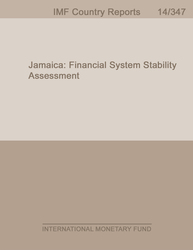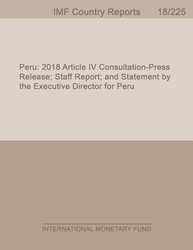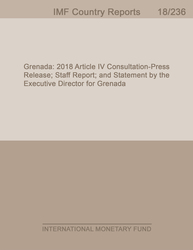
Jamaica
Financial System Stability Assessment
The macroeconomic environment has improved, reflecting the authorities’ efforts, supported by an IMF arrangement. Previously, years of high fiscal deficits, public enterprise borrowing, and financial sector bailouts led to rapid government debt accumulation, crowded out private credit, increased financial dollarization, and stifled economic growth. Fiscal discipline has been essential to reduce public debt (to about 100 percent of GDP). With government debt accounting for a sizable share of financial institutions’ assets, falling interest rates on government debt are leading to a search for yield. Also, entrenched structural obstacles, including high crime, bureaucratic processes, insufficient labor force skills, and poor access to finance still constrain economic growth. The authorities have made good progress in implementing the 2006 FSAP recommendations. Work on the regulatory framework has significantly advanced in several areas such as securities dealers’ activities, powers to the Bank of Jamaica (BoJ), payment systems, and the introduction of the centralized securities depository. However, the crisis management framework and risk-based supervision work has been lagging.
Publication date: December 2018
ISBN: 9781484387825
$18.00
Add to Cart by clicking price of the language and format you'd like to purchase
Available Languages and Formats
| English |
Prices in red indicate formats that are not yet available but are forthcoming.
Topics covered in this book
This title contains information about the following subjects.
Click on a subject if you would like to see other titles with the same subjects.
Also of interest
Summary
Copyright © 2010 - 2026
Powered by:
AIDC



